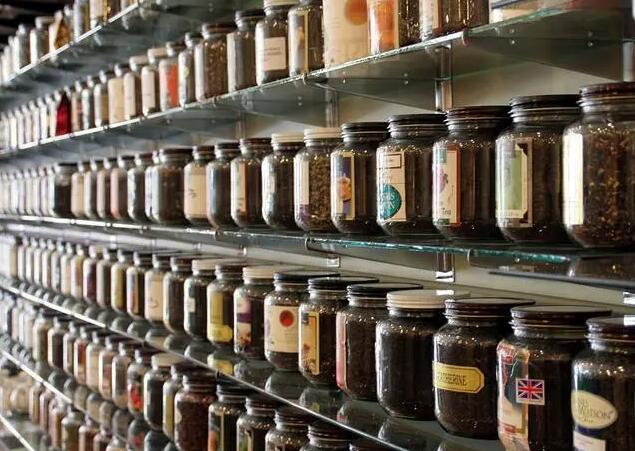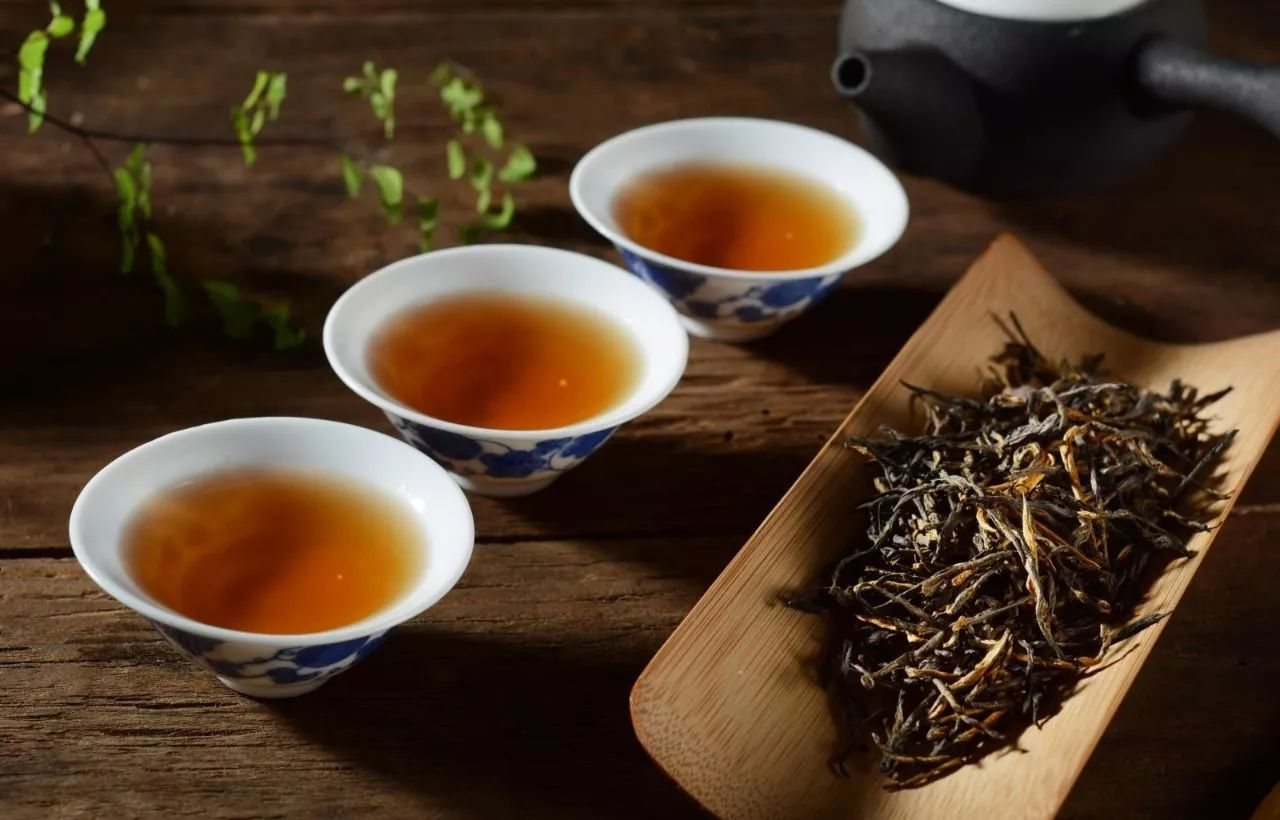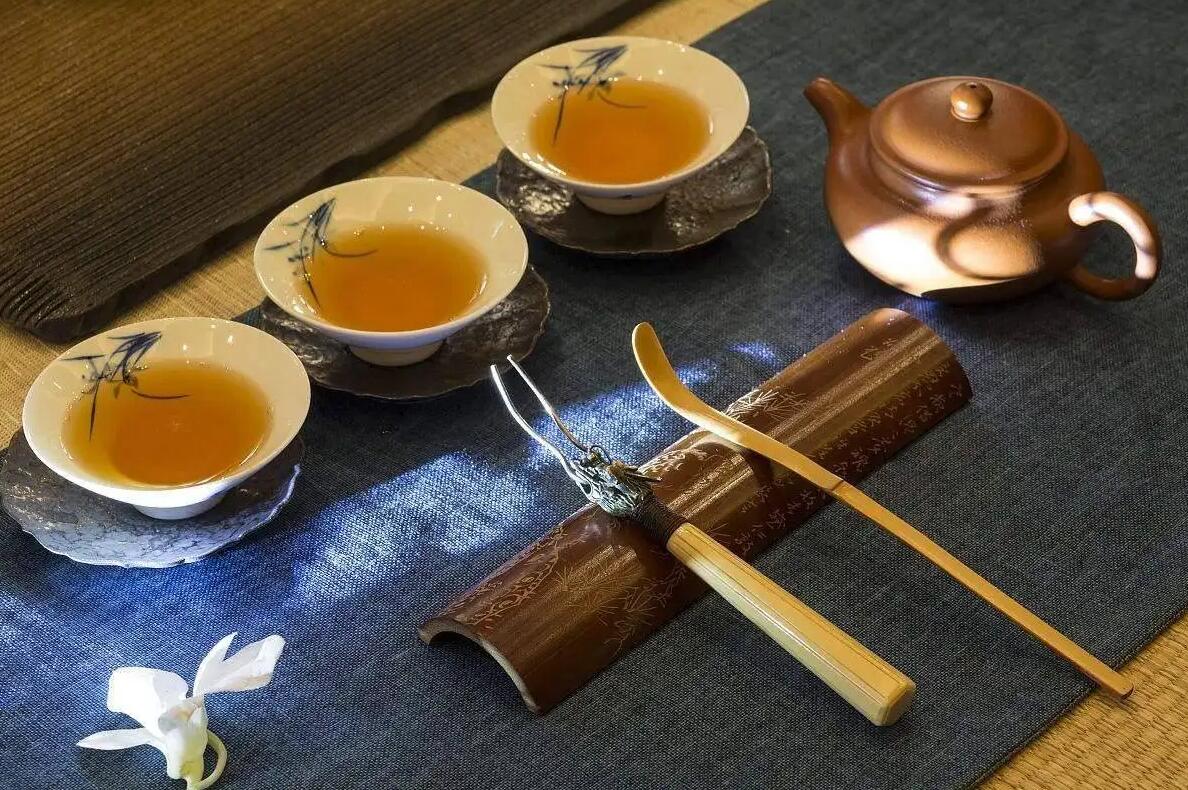The name "tea master" is most familiar from the Asian tea ceremony. In this centuries-old tradition, tea is celebrated as being the very core of community life, the fabric that binds people together - and the tea master is crucial to the whole ritual. Nowadays, you are just as likely to encounter a tea master in a swanky Singapore restaurant as you might on the side of an Asian mountain - and, for many tea aficionados, that's all to the good. Rather than tea being treated as an every day drink, these tea masters treat it with a reverence normally reserved for wine.
That means tea drinkers can now expect to have their favourite tipple brewed to perfection, with close attention paid to maintaining the highest possible standards. Of course, that's not the case everywhere - but at least the tea-drinking culture is becoming sufficiently developed to make the tea master's role more widespread. May it be so for a long time.
TEACHING TEA: TEA ACADEMY
In 2003, Ronnefeldt, one of Europe's most important tea companies, founded a tea academy. This is aimed at high-class hotels and restaurants that want to instruct their staff about the philosophy of top-quality tea. They offer training in Frankfurt, Dubai' and Sri Lanka, and their classes are currently the only ones of their kind in the word. Only people who are employed in a high quality culinary establishment and already have a broad experience are enrolled in the Tea Academy.
The initial course of training leads to the qualification of Tea Master Silver. It involves several days of intensive training, including tasting 80 different types of tea, completing a written examination and taking a practical test.
Next, academy students have the chance to attain TeaMaster Gold status. This requires attending a seven-day residential training held in Sri Lanka, includes a survey of all the major tea-growing regions in the world and a guide to harvesting and processing. Students also develop their tasting techniques and learn how to prepare and present speciality teas in the appropriate manner.
ONE MAN’S VISION TO BRING TEA TO THE WORLD
In 1823, a visionary from Frankfurt set out to bring the finest tea from the hills of Asia to Europe s Grand Hotels. His name was Johann Tobias Ronnefeldt, and the company he founded still sells the world's best tea to this day. The 19th century saw the rise of the tea company in Europe. Poets and thinkers, politicians and economists - all manner of persons would meet to discuss ideas over a cup of tea. It was the drink of choice for the upper and educated classes and could be enjoyed in private houses, hotels, castles, guest-houses and health resorts. Ronnefeldt had an adventurous spirit and quickly set up the infrastructure to import tea from India, China and the Spice Islands to German ports. His ambition paid off, and Ronnefeldt has become one of Europe's leading names in the supply of top-quality tea.
IN GOOD COMPANY
Meeting a Tea Master Gold is a pleasure for any tea lover, thanks to their enthusiasm for,and detailed knowledge about tea. Even better, you don't have to be staying at a five-star hotel to meet such a person: tea masters can be found at a growing selection of establishments, and wherever they are present, you can be assured of a great cup of tea.
So look out for the presence of a qualified tea master next time you visit somewhere for a brew. You may find that you discover new flavours and learn more about the processes behind the production of your favourite tea. It brings a whole new dimension to that most traditional of British pastimes, known as "high tea".



